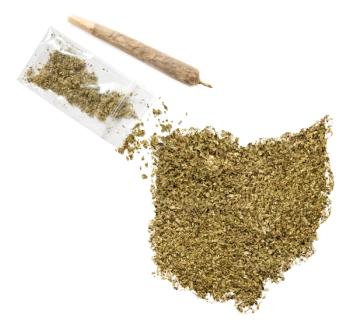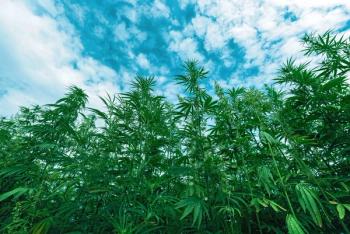
Most Cannabis Testing Labs Shut Down in California
Recently, California took matters into their own hands by shutting down most cannabis labs throughout the state.
Ringing in the new year, California is tackling a major issue in the cannabis industry. According to SFGATE (1), as of January 1, 2024, the state of California decided to shut down most of the state’s cannabis labs due to labeling scams which have been witnessed throughout the industry.
California’s marketplace has been plagued by claims that testing labs have been tweaking cannabinoid potency amounts such as those seen in products containing tetrahydrocannabinol (THC) (1). The Department of Cannabis Control (DCC) in California are implementing new requirements and regulations for testing regarding cannabis flower (1). This part of the cannabis plant can be used in smoking products.
SFGATE (1) reported that the Department of Cannabis Control had stated that as of January 3, 2024, “only 12 of the state’s 38 labs had met the new requirements.” Laboratories that are noncompliant are still able to test other cannabis products. For example, vape pens and edibles (1). These labs are still going to need to prove that they can perform the new requirements the Department of Cannabis Control has laid out for the industry to be able to test cannabis flower. Until then, testing labs will be unable to analyze that part of the plant. SFGATE mentioned that (1), “California law requires that all cannabis products be tested at state-certified labs for contaminants like pesticides, as well as for potency of THC.”
Despite the shutdown of some cannabis testing labs, the California Department of Cannabis Control does not believe this will lead to a delay in cannabis products being available for consumers in the marketplace due to labs gaining approval in the future, according to David Hafner, a spokesperson for the Department of Cannabis Control (1). “We don’t anticipate delays, but they could happen,” Hafner commented in an email to SFGATE (1). “Regardless, our focus is enforcing the rules, and we encourage the industry to work with the labs utilizing the approved method.”
The Golden State’s new regulations are stemming from the 2021 passage of SB-544 (1,2) by the state Legislature. This bill was intended to help combat labeling discrepancies and fraud being witnessed throughout the cannabis industry. A study performed in 2022 (1), discovered 87% of the 150 products that were analyzed contained lower potencies than what was listed on the label of the product. In 2023 (1), residents in California filed several class action lawsuits claiming cannabis companies were mislabeling their products with higher cannabinoid potencies. Hafner stated that if labs do not follow compliancy with the new standards they (1), “will be considered non-compliant and may be subject to disciplinary actions.”
References
- Black, L. Why California Just Shut Down Testing at the Majority of Pot Labs
https://www.sfgate.com/cannabis/article/california-shut-testing-majority-pot-labs-18587629.php (accessed Jan 4, 2024). - SB-544 Cannabis Testing
https://leginfo.legislature.ca.gov/faces/billNavClient.xhtml?bill_id=202120220SB544 (accessed Jan 4, 2024).
Newsletter
Unlock the latest breakthroughs in cannabis science—subscribe now to get expert insights, research, and industry updates delivered to your inbox.





